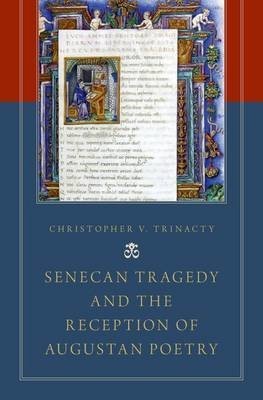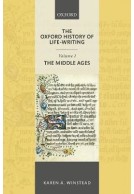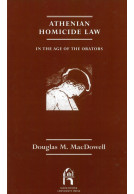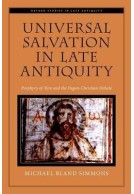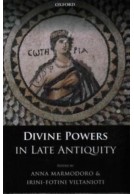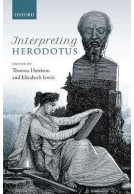Google Books previews are unavailable because you have chosen to turn off third party cookies for enhanced content. Visit our cookies page to review your cookie settings.
Senecan Tragedy and the Reception of Augustan Poetry (Hardback)
Imprint: Oxford University Press
Pages: 272
ISBN: 9780199356560
Published: 30th November 2014
Script Academic & Professional
Pages: 272
ISBN: 9780199356560
Published: 30th November 2014
Script Academic & Professional
This book will be reprinted and your order will be released in due course.
You'll be £12.95 closer to your next £10.00 credit when you purchase Senecan Tragedy and the Reception of Augustan Poetry. What's this?
+£4.99 UK Delivery or free UK delivery if order is over £40
(click here for international delivery rates)
Order within the next 4 hours, 32 minutes to get your order processed the next working day!
Need a currency converter? Check XE.com for live rates
(click here for international delivery rates)
Order within the next 4 hours, 32 minutes to get your order processed the next working day!
Need a currency converter? Check XE.com for live rates
In their practice of aemulatio, the mimicry of older models of writing, the Augustan poets often looked to the Greeks: Horace drew inspiration from the lyric poets, Virgil from Homer, and Ovid from Hesiod, Callimachus, and others. But by the time of the great Roman tragedian Seneca, the Augustan poets had supplanted the Greeks as the "classics" to which Seneca and his contemporaries referred. Indeed, Augustan poetry is a reservoir of language, motif, and thought for Seneca's writing. Strangely, however, there has not yet been a comprehensive study revealing the relationship between Seneca and his Augustan predecessors. Christopher Trinacty's Senecan Tragedy and the Reception of Augustan Poetry is the long-awaited answer to the call for such a study. Senecan Tragedy and the Reception of Augustan Poetry uniquely places Senecan tragedy in its Roman literary context, offering a further dimension to the motivations and meaning behind Seneca's writings. By reading Senecan tragedy through an intertextual lens, Trinacty reveals Seneca's awareness of his historical moment, in which the Augustan period was eroding steadily around him. Seneca, looking back to the poetry of Horace, Virgil, and Ovid, acts as a critical interpreter of both their work and their era. He deconstructs the language of the Augustan poets, refiguring it through the perspective of his tragic protagonists. In doing so, he positions himself as a critic of the Augustan tradition and reveals a poetic voice that often subverts the classical ethos of that tradition. Through this process of reappropriation Seneca reveals much about himself as a playwright and as a man: In the inventive manner in which he re-employs the Augustan poets' language, thought, and poetics within the tragic framework, Seneca gives his model works new-and uniquely Senecan-life. Trinacty's analysis sheds new light both on Seneca and on his Augustan predecessors. As such, Senecan Tragedy and the Reception of Augustan Poetry promises to be a groundbreaking contribution to the study of both Senecan tragedy and Augustan poetry.
Customers who bought this title also bought...
Other titles in Oxford University Press...







